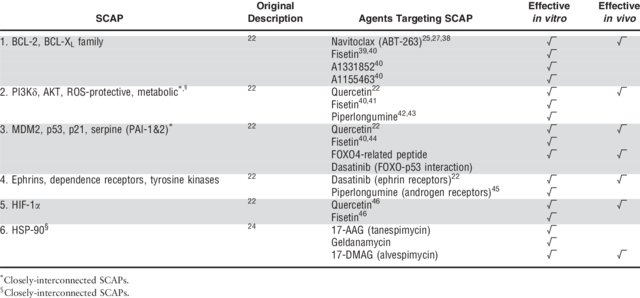That's true, but autophagy does not destroy senescent cells. I discussed this in my post.
Do me a favor, people: when I link something to explain a statement I make, read it before responding.
Michael, your link went to page 15 of this thread, (Irk's post) #421 - if you (or someone) could reference the post number I'll find it.
It would be something of a surprise to myself and other fasters if in fact there were no clearance of senescent cells during fasting cells unless there was another explanation for the senolytic-like effects experienced during fasts.
I am far more experienced with fasts than senolytic protocols; however, during my significant doses of fisetin I have noticed a substantial weakening of an arthritic knee immediately after a fisetin dose, then strengthening over the days and weeks - clearance, followed by stem-cell replacement, I assume. This occurred during subsequent (months apart) doses but to a lesser extent.
The fasting experiences were similar, if less dramatic. Old injuries, dormant for years, become expressed during fasting, sometimes quite painfully - on occasion they can persist once a fast has broken for weeks or disappear never to return, or reappear in subsequent fasts, until the job is done - until it has re-healed. This is a very common experience. The weakening naturally feels like a cell clear-out.
Perhaps the most exceptional experience I noted occurred during a 5-day dry fast, which had been preceded a week earlier by one lasting 3 days was incredibly softening and smoothing of skin lasting months.
Whether the cell replacement, if that's occurring, is of simply old pre-senescent cells, might that serve as explanation?
When we consider the adage that nothing that happens in biology makes sense without considering evolution, well, we can argue similarly for the absence of a process, why doesn't senescent cell clearance occur during fasting, given the benefits?
My experience with Fisetin was indicative of one, a known senolytic effect - delayed wound healing: a minor nick on a wart took 5.5hours to clot. So if fasting had a senolytic effect, there would need to be boundaries. In addition the development of my arthritic knee occurred over a couple of years when I fasted substantially and indeed I've only known of fasting acting as an anti-inflammatory for those battling arthritis, not to be curative. But others may know differently.
So even though the fisetin-experience was similar to those occurring during fasting it was either doing something different or reaching deeper.
Anyhow, if these points are addressed in your post, which so far eludes me, then obviously there is little requirement to reiterate.
.

























































